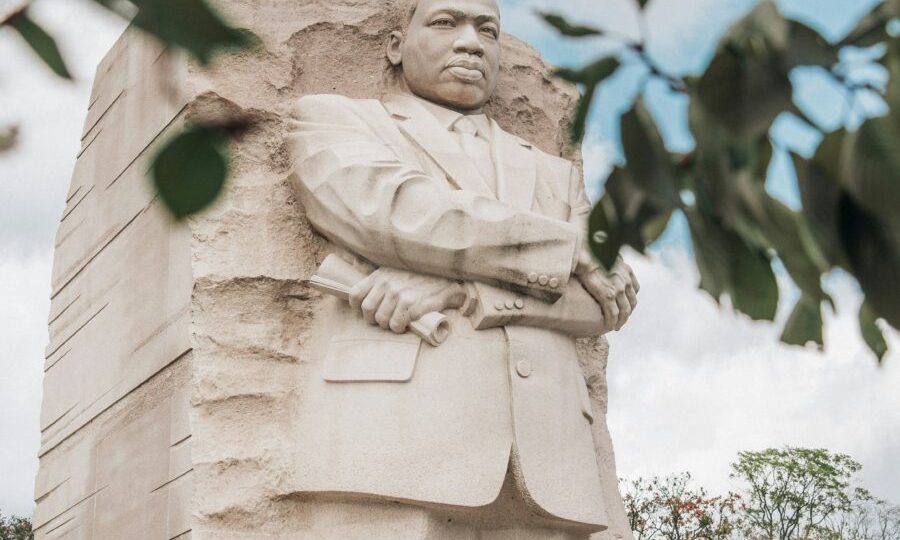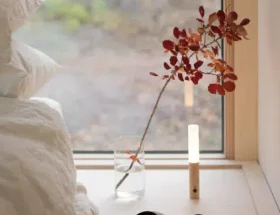If you’ve been seeing the word “abolition” pop up more and more in political discourse, there’s a reason. It’s no secret that people — particularly those who are marginalized and face more punitive policies that harm them — are feeling disempowered going into the next administration. But abolition can be daunting, especially to those who are not familiar with what it means.
Abolition is a framework for liberation, rooted in the legacy of leaders like Dr. Martin Luther King Jr., who called for a radical reimagining of justice and collective wellbeing. While King is often remembered for his calls for racial harmony, his broader vision of systemic change — the dismantling of oppressive structures and the creation of a just society — is often forgotten. The reality is that MLK Jr. was an abolitionist and his teachings reflect how he envisioned a world beyond systems of punishment, oppression, and disposability.
“Abolition is about creating alternatives that prioritize care, accountability, and collective thriving.”
Never forget that it was MLK Jr. who spoke of dismantling the “giant triplets of racism, extreme materialism, and militarism.” Grounded in traditions of resistance led by Black and marginalized communities, abolition isn’t solely about tearing down prisons, policing, or carceral systems. It’s about creating alternatives that prioritize care, accountability, and collective thriving.
We can learn from abolitionists of the past and present, who have shown us how to organize, care for one another, and build power even under the harshest conditions. It reminds us that the work ahead is not easy or quick, but it is possible — and worth every effort. Anyone can be an abolitionist, regardless of what they do or how they identify. King’s work reminds us that the fight for justice requires bold imagination, community care, and an unrelenting commitment to systemic transformation.
Here’s what abolitionists want us to remember on this MLK Day and beyond.
Dr. Avriel Epps, Data Scientist and Co-Founder of AI4Abolition
As a Black data scientist studying how technology influences young people, especially teens of color, I’ve seen firsthand how AI disproportionately impacts marginalized communities. With the advancement of the surveillance state being fueled by big tech and their increasingly pervasive use of artificial intelligence, we must critically examine the ways AI upholds and perpetuates carceral systems. At AI4Abolition, we’re not just exploring how these technologies reinforce harm; we’re reimagining how AI could contribute to building alternative visions of justice.
This work is urgent. AI is already being used to predict so-called ‘risks,’ monitor behavior, and justify punitive action, but it doesn’t have to be this way. We’re asking: What would it look like to design systems that don’t criminalize but instead care for our communities? How can we use AI to address conflict in ways that center healing, restoration, and equity rather than punishment?
This is about more than technology. It’s about imagining a world where everyone’s basic needs are met — where the justice system prioritizes humanity and safety over control. By aligning AI with abolitionist principles, we have a chance to disrupt cycles of harm and create a future where technology serves liberation, not oppression.
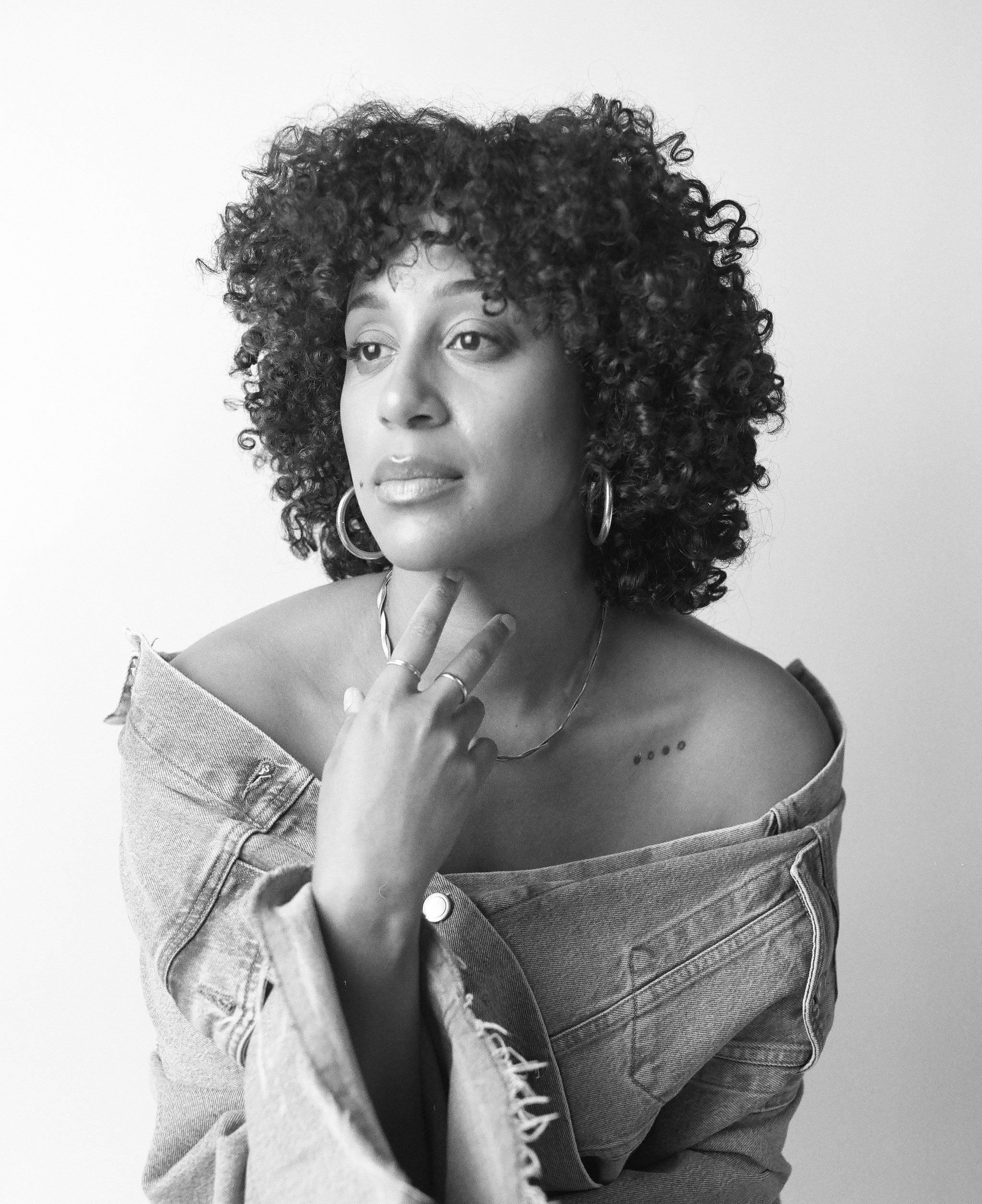
Jezz Chung, Artist and Author of This Way to Change
Some of my abolitionist teachers are Mariame Kaba and Ruth Wilson Gilmore. From their work, I learned that abolition is about preserving and protecting life, divesting from harm, and investing in care. Much of my work, including my interactive book This Way to Change, is about how to apply the learnings of social movements to our personal lives. Community organizing can sound daunting and complex but I see it more as a compass that guides my actions and choices. I choose to ask for the help I need instead of individualizing my pain, I choose to listen for what people truly need, I look at the material conditions around me and think about how I can address the gaps through my capacity, strengths, interests, and resources.
Abolition isn’t an obligation, it’s a necessity and an opportunity to create a future that invests in our collective survival. Especially for artists, this time calls on us to dream more expansively and intentionally, and to ask questions like, “What would it be like if everyone had what they need to thrive?” The world we need requires us to invest in each other not out of pity and guilt, but out of necessity and solidarity. It can start as simply as making sure everyone you know has enough to eat this week. You can learn more about how to design your life around community care here.
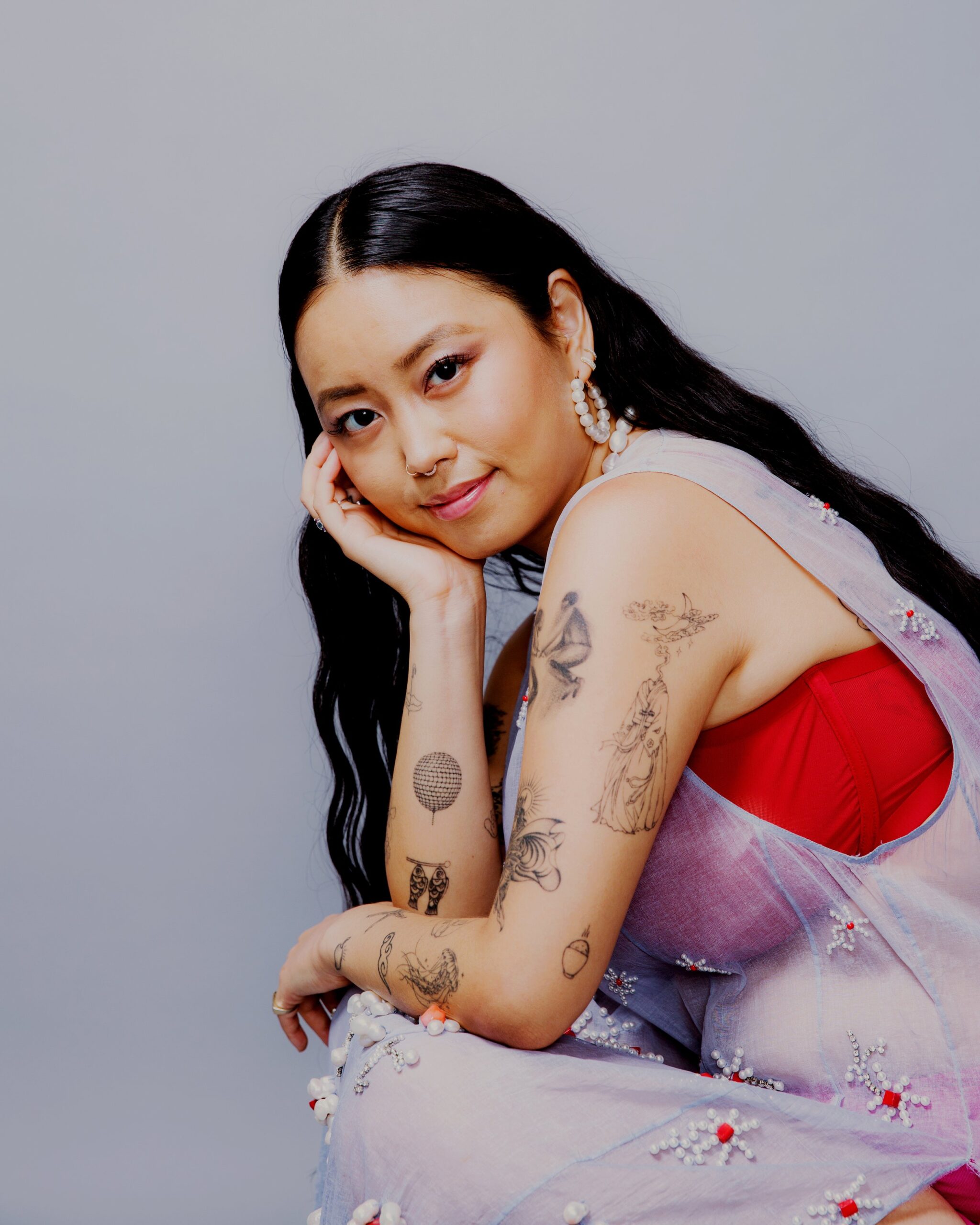
Dylan Keese-Forster, Breathwork Facilitator and Community Organizer
At this point in time, it has never been more clear that we are all we have. The systems we’ve been told would protect us — governments, corporations, and global institutions — continue to fail, as evidenced by the ongoing devastation in Gaza. Millions are displaced, denied basic human rights, and subjected to violence, while global powers remain complicit through inaction or support of oppression. We can let this reality frighten us into denial, hopelessness, or submission — or we can let it enrage, empower, and instill in us the courage to act. Mutual aid is one way we rise to this challenge, a reminder that justice doesn’t come from broken systems but from our collective care and action.
In my mutual aid work to support displaced people, I have been stunned by the outpouring of support and creativity from individuals worldwide. As heartbreaking as this work can be, it has restored my faith in humanity a hundred times over. Mutual aid isn’t just about meeting immediate needs; it’s about building relationships rooted in solidarity, not charity. It challenges the notion that we need carceral systems to solve problems and proves communities can take care of each other without surveillance or punishment.

Patrisse Cullors, Activist and Author
As a lifelong abolitionist, I understand that this work is ongoing. Our work as abolitionists often means envisioning the world necessary in an absurd culture that privileges revenge and punishment. It’s about reminding ourselves and others that an abolitionist culture requires a vision rooted in care, compassion, and love—principles that feel radical only because they are so rarely centered in our society. This is our collective work: to reject the false promise of punishment as justice and instead build a future where accountability and healing guide us. Even if we don’t see the full realization of this vision in our lifetimes, every act of care, every choice to prioritize love over harm, brings us closer to the world we know is possible.
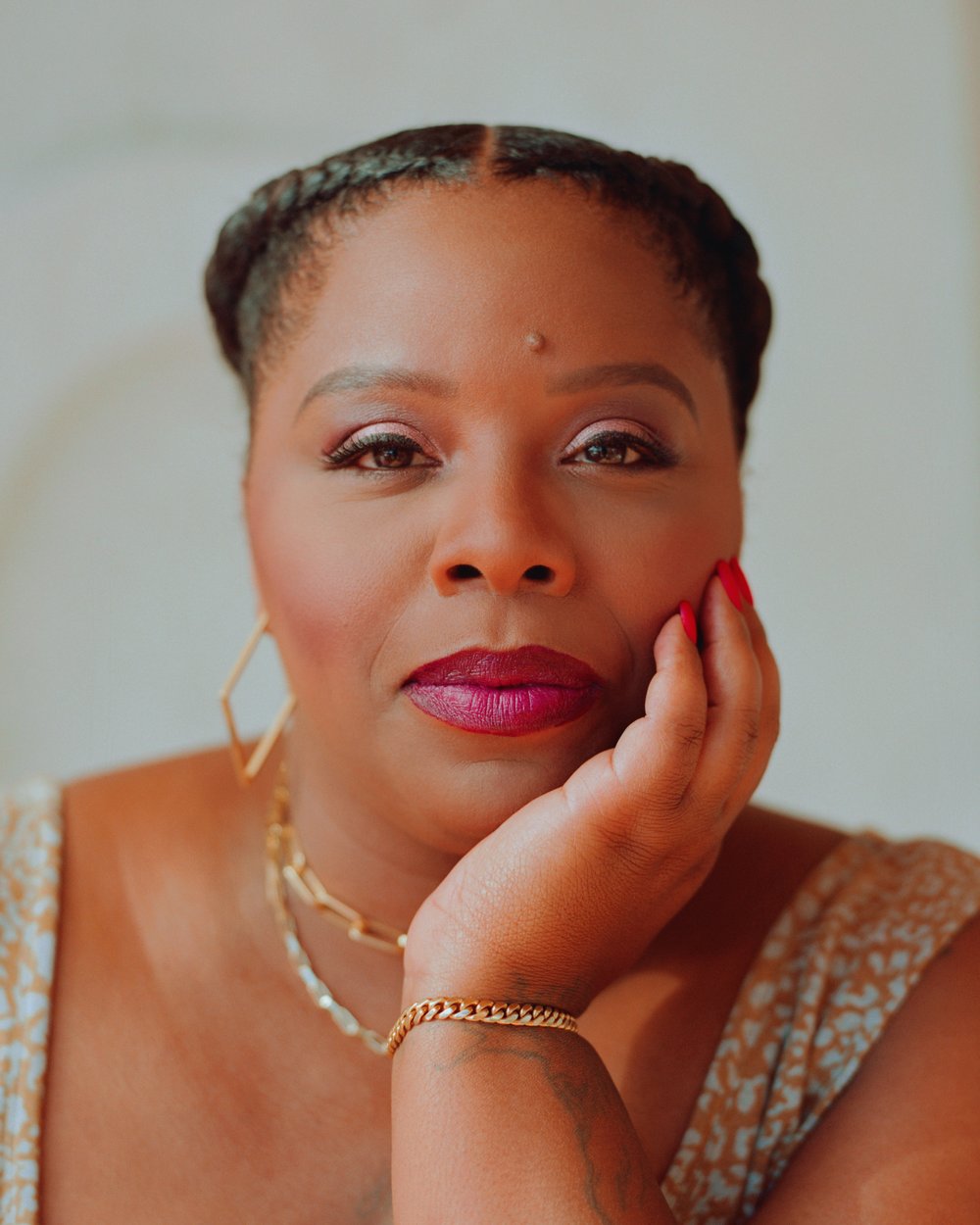
Celeste O’Connor, Actor and Producer
From an abolitionist perspective, electoral politics have only ever existed to maintain capitalism and deteriorate the community. During this time, I’d urge people to engage in alternate systems. Use and volunteer your time to free food distribution groups instead of relying on corporations for food. Sleep over at your friends’ houses, cook meals for your friends randomly. Ask a friend to drive you somewhere instead of Ubering. The less we can rely on corporations, the more we can rely on each other and the skills we already have, the safer and happier we will be.

Alyx Liu, Celebrity Hairstylist
For as long as I can remember, I participated in identity politics as a (previously self-identifying) Democrat. This election really lifted the veil on blindly following politicians—many of whom are bribed and lobbied to pass legislation that serves special interests, foreign governments, corporate elites, and the for-profit prison, military, healthcare, food, and pharmaceutical industries. Instead of serving in good faith for the best interests of the people who elected them, these politicians cater to those who profit from oppression. As power flip-flops between red and blue locally and federally, the struggles of everyday people have worsened, while billionaires, CEOs, and politicians report record profits. With all that being said, it’s easy to feel powerless against these systems.
As an abolitionist, my goal is to end the deeply entrenched tools of systemic oppression by the government and fight for the people. With mass incarceration being incentivized by profit per prisoner, corrupt politicians are lobbied and showered with massive campaign donations by for-profit prison corporations. How can we expect justice or fairness when there’s a price tag on people’s lives? This feeds directly into the “tough on crime” mentality and harsh sentencing for petty crimes. I remind myself, though, that there is strength in numbers. The people will always outnumber the corporate elite and those in power. As the saying goes, you cannot use the tools of the oppressor to dismantle the oppressors’ system. To take back power, we need to organize ourselves, fight back, and demand our rights, justice, healthcare, education, and protections for marginalized communities.
With that, I look at what actions I can take immediately and continuously, both locally and collectively. Supporting unions through participating in strikes, not crossing picket lines, and amplifying workers’ demands is key. Participating in boycotts organized by the BDS movement and local unions — including brands like Apple, Starbucks, Amazon, and Trader Joe’s — keeps the pressure on. Joining local organizing groups, like the Party for Socialism and Liberation, Palestinian Youth Movement, Code Pink LA, and CHIRLA, helps build community and plan actions. Mutual aid is another way to resist — whether it’s stocking a community fridge, helping fundraise for essentials, participating in a community garden, or supporting local businesses instead of mega-corporations. Talking to people in your immediate circles — friends, family, coworkers — helps others see the common grievances we all share and call them into action.
Educating yourself, staying informed, and attending protests are just as important. The one thing those in power do well is organize — but when the people organize, we have the power to dismantle their systems and build something better.
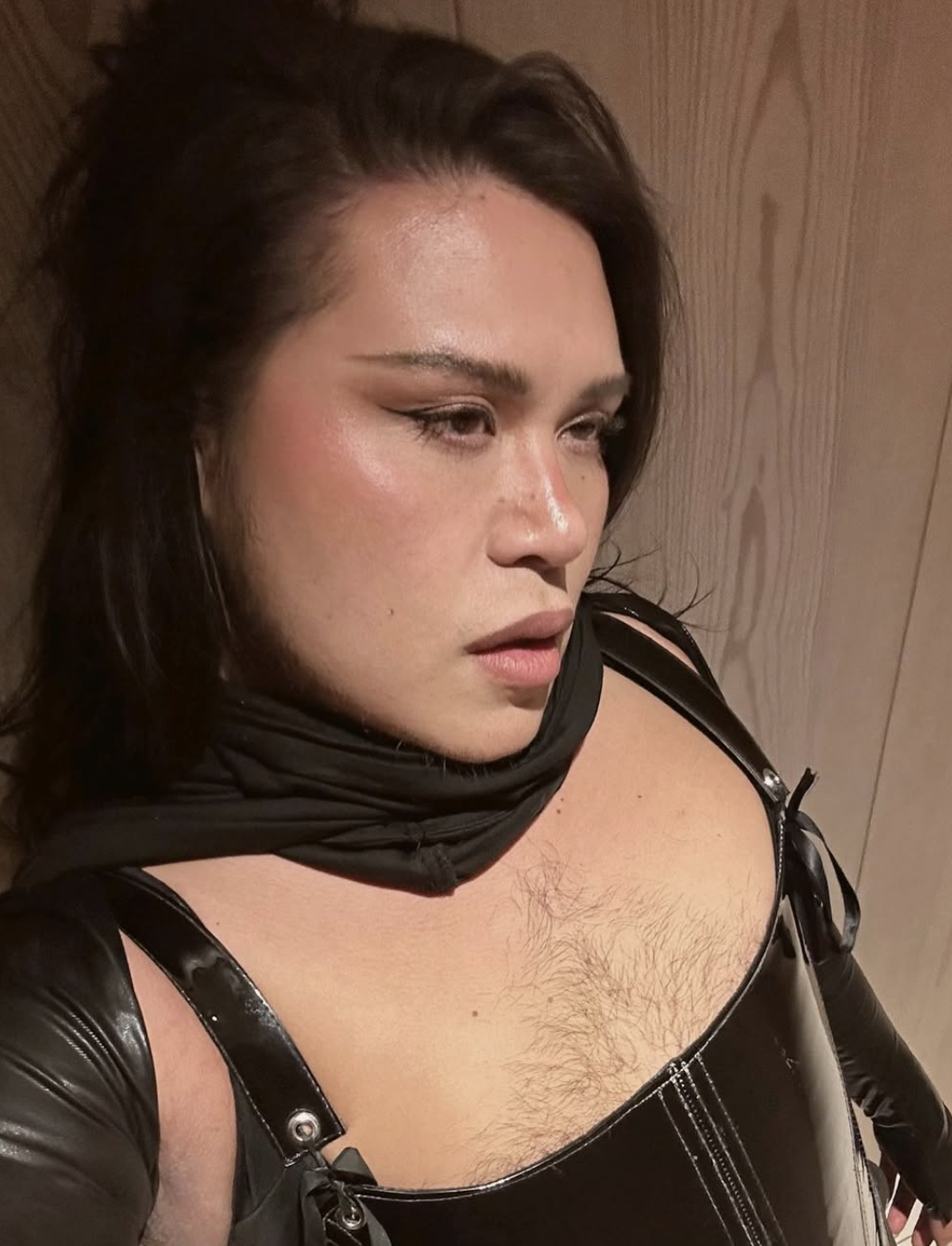
Sara Jin Li is an essayist, playwright, and filmmaker based in Los Angeles, California. She is also the founder of Heretics Club, a literary salon for creative writers. You can find her on Instagram at @sarajinli.
